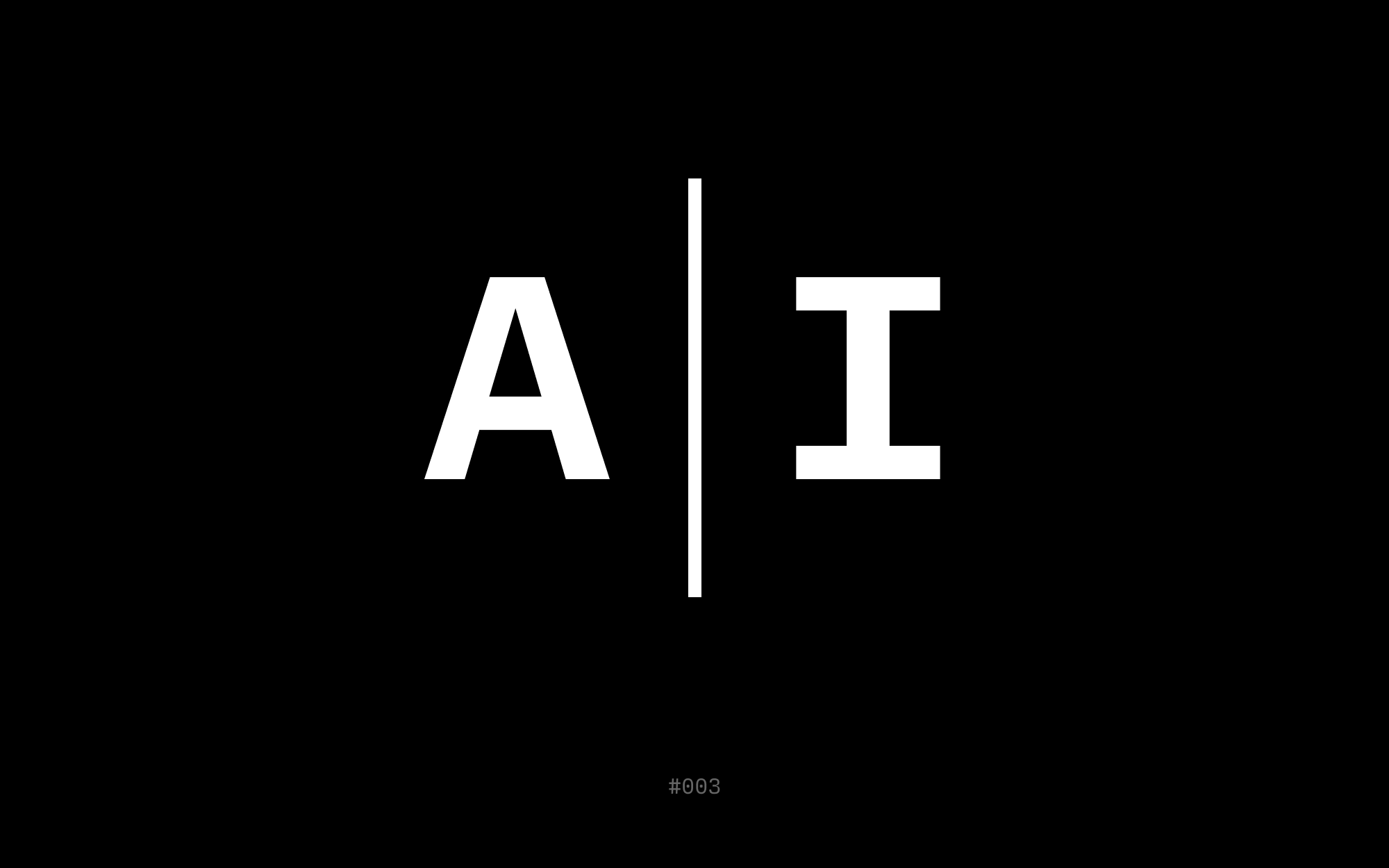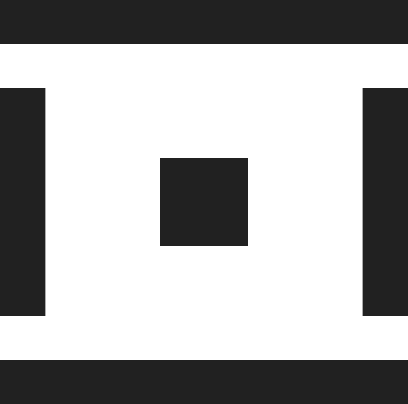AI: ANTI-INTELLIGENCE

AI stands for artificial intelligence, or anti-intelligence? This simple question triggered me to get an answer in this short essay, which is an analysis of the long-term usage of artificial intelligence tools.
From neuroscience, we know that we become what we see, hear, think, practice, and study. That means that one of the most (if not the most) important factors for our development is our environment. Each interaction, book, article, movie, country visited, or any other activity we do in the present helps us develop, strengthen, and increase our neural connections. The more diverse and novel these activities are, the better it is for our the first principle of mechanics states that for every action, there is an equal and opposite reaction. This mechanism has allowed us to adapt, thrive, evolve, and learn new skills.
How do we learn a skill?
The carpenter, painter, copywriter, clothes designer, researcher, or any other individual who possesses a skill has something in common. They started with zero knowledge about the subject. Perhaps some began to study it, while others started to practice it. Maybe they had a mentor in their family or in their neighborhood. They study, practice, fail, and learn year after year for at least 5 to 10 years until they become great at that particular skill. One thing is clear. All of them have been involved in a process of becoming a better self while mastering the chosen craft.
In the past, creative jobs required a lot of time, effort, and self-development to be good at them.
Not anymore.
There is a shortcut.
You know those fitness programs that promise to help you lose 10kg, lose belly fat, and have six-pack abs in a month? For those who've been involved in any long-term training schedule, we know this is crap. It's not real. It's a fairy tale.
In a sense, that's the promise of artificial intelligence when it comes to making us more "creative" and "efficient".
Artificial Intelligence is presented as the holy grail of the 3rd millennium, the greatest and the biggest achievement of humanity. It is also the fastest-growing technology to date. OpenAI gained 100 million users in just 2 months after launching ChatGPT in 2022.
Insane.
Now, three short years later, ChatGPT has over 1 billion users worldwide. Additionally, other products such as Claude, Grok, Gemini, DeepSeek, and hundreds of others have developed their artificial intelligence models, while other companies have integrated AI into their products. From chatbots to video generation, from help centers to writing tools. Our workflows and intelligence have been artificialized.
I thought the pandemic evolved fast, but this digital plague evolved even faster.
While some "soul-crushing" jobs deserve to be automated to free people from dull tasks, these companies have developed tools to generate a wide range of content, including text, images, video, code, ads, and marketing campaigns. These tools can create everything we need. You don't need any prior knowledge. If you know how to write, you can create anything. The barrier to entering any creative field is lower than ever.
Forget about courses, books, articles, mentors, and years of trial and error. Just type something, hit enter, and... Boom. You're a creator now. At what cost?
There's an old saying that goes like this: "When something's so good that it seems too good to be true, it probably is".
The action-reaction principle, also known as Newton's Third Law, states that for every action, there is an equal and opposite reaction. Charlie Munger's mental model advises us to consider not only our decisions but also their second-order consequences. By combining these core ideas and applying them to the use of Artificial Intelligence in our creative work, we can identify the reactions or subsequent decisions that result from our initial action.
Firstly, we abandon our self-development. Just an "enter" key for whatever we want to create. This is even worse than mindless scrolling on social media. It's instant gratification on steroids. Fast-forward through years of practice, sleepless nights, and failures on the road to becoming not just a better professional, but a better human. It is our soul that develops when we create. From ancient philosophers to Heidegger, Hegel, and modern art therapists, many have written about the importance of being immersed in our craft. Stephen K. Levine wrote in Philosophy of Expressive Art Therapy about poiesis, which is the Greek word for "making" or "creation." He describes how, through the act of creating something, the creator recreates himself by peeling away layers of egocentric thinking and delving into their soul.
Secondly, when all the years of hard work in a learning process are erased with just a click of the "Enter" key, it worsens our sense of purpose. It's well known that we dislike facing challenges, often leading to procrastination. However, completing complex tasks helps us grow and find depth and meaning, two vital elements for a fulfilling life. Victor Frankl pointed out that survivors of Nazi camps had a sense of purpose and something greater to live for, while those who lacked it lost their battle for survival. Conversely, although AI might diminish the meaning of daily work, we can still find purpose through involvement in NGOs, spending quality time with family, or starting meaningful businesses.
Thirdly, there will soon come a time when all this soulless, AI-generated content becomes the norm. Although difficult to quantify, over 90%, perhaps even more, of digital content will be artificially generated. In that future, there is only one binary differentiator: human authenticity. The imperfect chosen rhyme in a poem. The misused colors in a painting. The missing stitches on a handmade shirt. The imperfect would become the new perfect. Those who don't fall for the promise of efficiency or increased creativity would be paid exponentially for their lively acquired craft. Think about famous fashion designers who didn't fall for the fast fashion trend. Consider watchmakers who maintained their high prices and avoided producing watches for the mass market. This would become the norm for all industries, including those that are now "destroyed" by artificial intelligence.
Whenever you see a herd running in a direction, run in the opposite direction as fast as you can.
Best,
George
